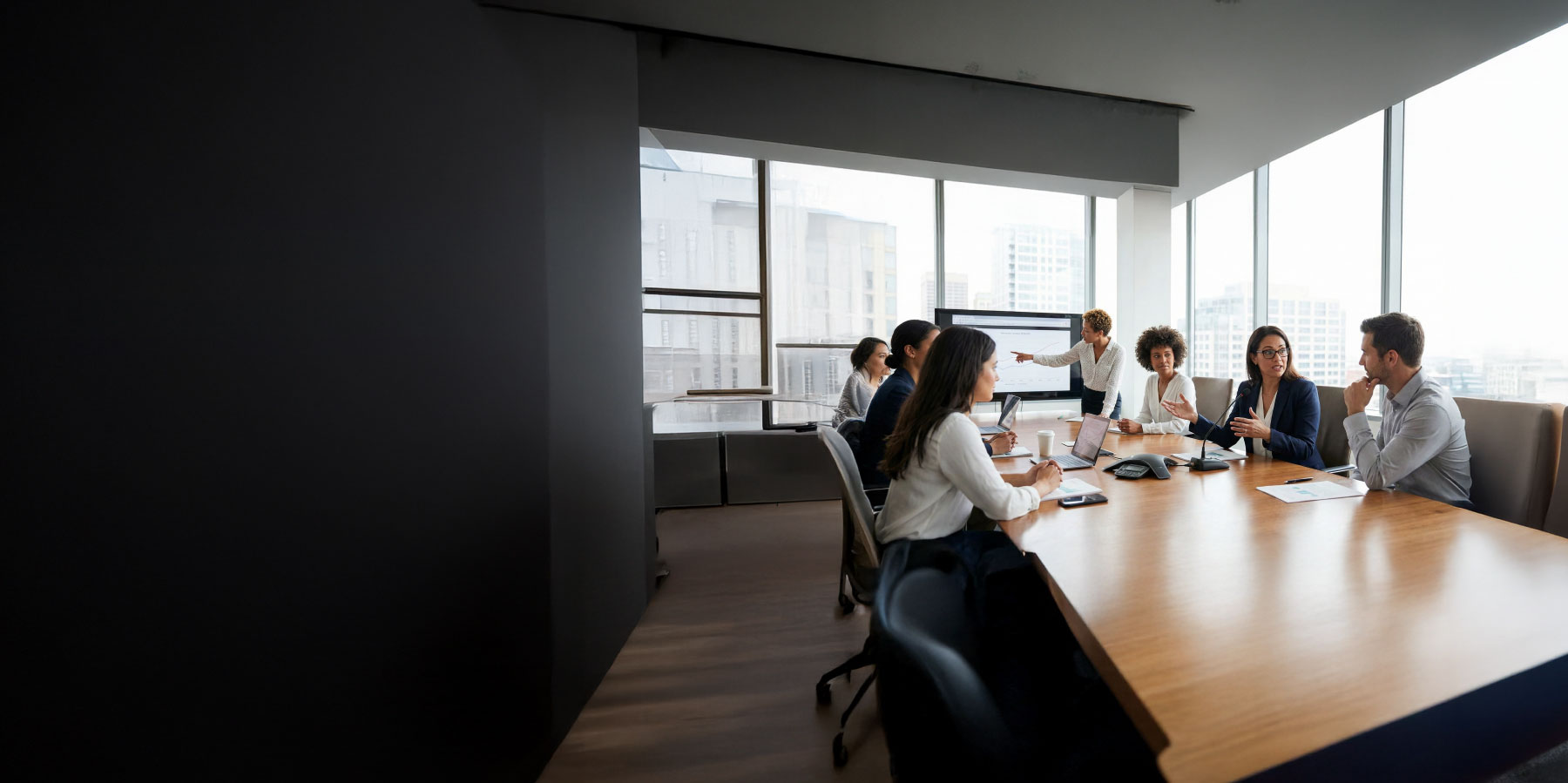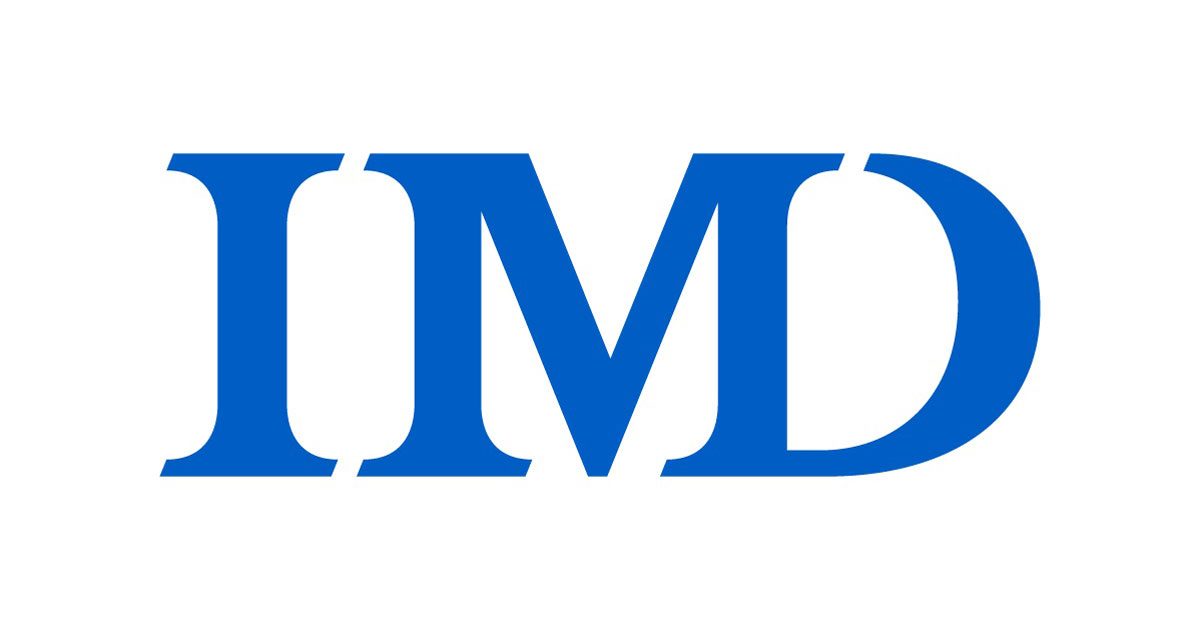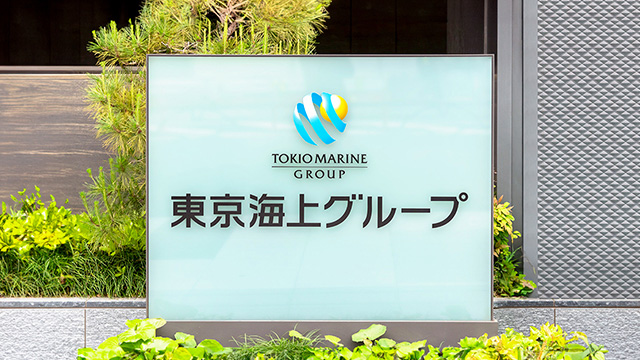Deloitte Europe: Building a culture of cross-border collaboration
The case describes the unique strengths of member-firm organizational structure at Deloitte, the largest professional services firm worldwide, in 2013. Deloitte Europe’s 25 country-based member firms provided a strong presence in each country and created a resilient structure that was very well adapted to local needs. But with continued growth in cross-border business, clients started demanding greater levels of global service and coordination among individual member firms. Deloitte’s 15-person executive committee of the EMEA Collaboration Agreement (ECA) needed to respond. How should they organize so that the country-based member firms could better collaborate to meet the demands of their clients and also create significant value for Deloitte? They considered three major initiatives: i) the expansion of Deloitte University Europe; ii) the growing importance of client and industry initiatives to create cross-border market segments by industry; and iii) the growth of multi-country member firms – single firms that spanned multiple countries. Which option would best serve Deloitte to build a culture of cross-border collaboration?
1) Understand the underpinnings and value of a member-firm organizational structure. 2) Discuss the role of a corporate university as a mechanism for building cross-border collaboration. 3) Identify industry verticals spanning across countries to add to the organization structure to build and share industry-specific expertise. 4) Recognize the challenges in building a culture for collaboration among cross-border member firms.
Deloitte Touche Tohmatsu, Business Management Services, Professional Training and Coaching
2013
Cranfield University
Wharley End Beds MK43 0JR, UK
Tel +44 (0)1234 750903
Email [email protected]
Harvard Business School Publishing
60 Harvard Way, Boston MA 02163, USA
Tel (800) 545-7685 Tel (617)-783-7600
Fax (617) 783-7666
Email [email protected]
NUCB Business School
1-3-1 Nishiki Naka
Nagoya Aichi, Japan 460-0003
Tel +81 52 20 38 111
Email [email protected]
IMD retains all proprietary interests in its case studies and notes. Without prior written permission, IMD cases and notes may not be reproduced, used, translated, included in books or other publications, distributed in any form or by any means, stored in a database or in other retrieval systems. For additional copyright information related to case studies, please contact Case Services.
Research Information & Knowledge Hub for additional information on IMD publications
Research Information & Knowledge Hub for additional information on IMD publications
in I by IMD
Research Information & Knowledge Hub for additional information on IMD publications
in I by IMD
Research Information & Knowledge Hub for additional information on IMD publications
Research Information & Knowledge Hub for additional information on IMD publications
in I by IMD
Research Information & Knowledge Hub for additional information on IMD publications
Research Information & Knowledge Hub for additional information on IMD publications
Research Information & Knowledge Hub for additional information on IMD publications
Research Information & Knowledge Hub for additional information on IMD publications
Research Information & Knowledge Hub for additional information on IMD publications
Research Information & Knowledge Hub for additional information on IMD publications











